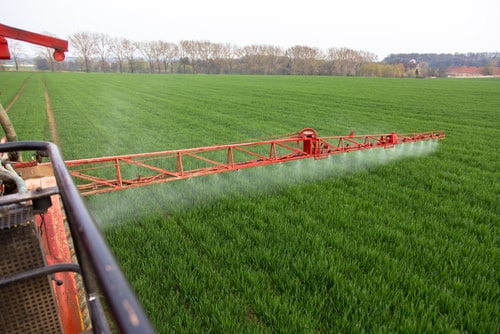Collection was part of Earth Day celebrations
By Diego Flammini, Farms.com
As part of Earth Day celebrations in Washington, the state’s Department of Agriculture collected about 25,000 pounds of unwanted insecticides, herbicides, fungicides and rodenticides – more than 1,000 pounds of the collection was DDT.
DDT, which stands for Dichloro-diphenyl-trichloroethane, is a pesticide that’s been banned since 1972 because of its dangers to the environment and wildlife. In its heyday however, it was seen as a sort of miracle product because it eliminated many different kinds of bugs – including mosquitoes that can carry malaria.
“Farmers should regularly look in their storage sheds and barns for any pesticides they no longer use or want and contact WSDA to arrange for them to be disposed,” Joe Hoffman, WSDA’s waste pesticide coordinator, said. “Proper disposal prevents future problems such as leaks that may contaminate the soil and drinking water or accidental exposure to these old products by people or animals. Some of these old pesticides are highly toxic and you do not want to wait for an accident to happen.”
During the collection efforts, the Washington State Department of Agriculture brought in their 3 millionth pound of pesticides since the efforts began in 1988.
There are some who think DDT should be used in certain situations.
Last year, Matthew Green, a city councillor in Hamilton, Ontario, Canada, said the provincial government should consider repealing their 40-year ban and allow DDT to be used for controlling bed bugs if there’s evidence to support that it actually can.

A field is sprayed.